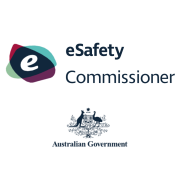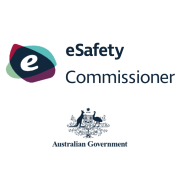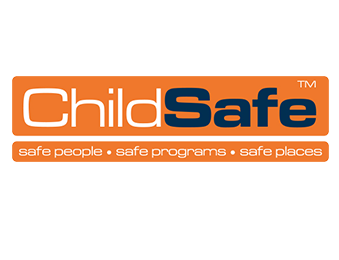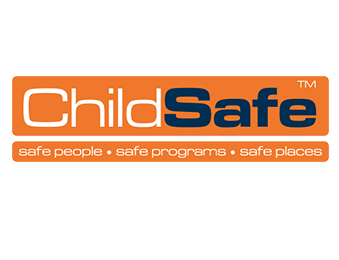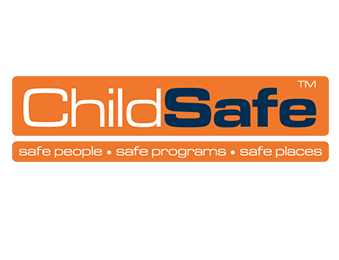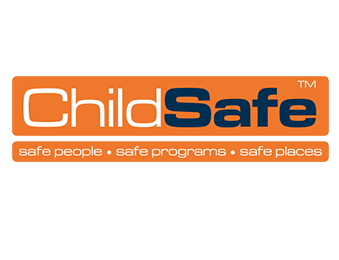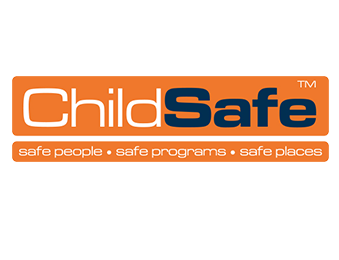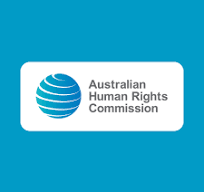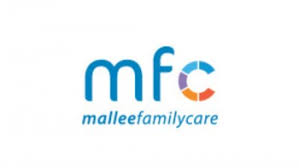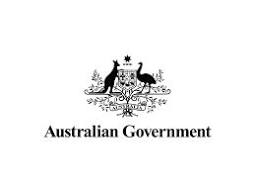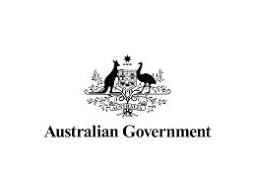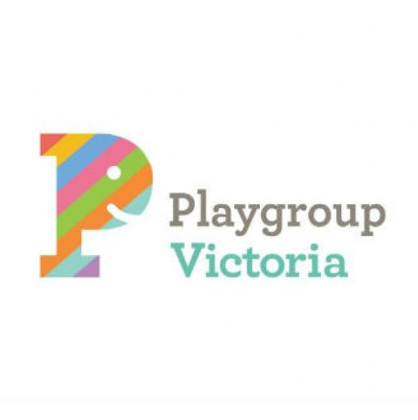Uncategorized
Being Safe Online – Easy Read
This booklet helps the reader understand how to stay safe online, the concepts of privacy and online friends, and how to get help if something goes wrong.
Victorian Child Safe Standard 11
Policies and procedures document how the organisation is safe for children and young people
Victorian Child Safe Standard 10
Implementation of the Child Safe Standards is regularly reviewed and improved
Victorian Child Safe Standard 9
Physical and online environments promote safety and wellbeing while minimising the opportunity for children and young people to be harmed
Victorian Child Safe Standard 8
Staff and volunteers are equipped with the knowledge, skills and awareness to keep children and young people safe through ongoing education and training
CFCA Practice Guide – Technology Facilitated Coercive Control
CFCA Practice Guide – Technology Facilitated Coercive Control
Supporting quality engagement with children
This report focuses on how to improve services and supports for victims and survivors of child sexual abuse
MFC CfC Community Needs Analysis – May 2025
Mallee Family Care, the Facilitating Partner of the Communities for Children initiative across the Swan Hill LGA , in partnership with the Mallee Family Care Research team, conducted a community needs assessment over many months, with the needs analysis report finalised in May, 2025.
Behaviour support for children with disability: working alongside parents
For many children with disability, communicating their needs and preferences with others can be difficult. They may struggle to process information relayed by others or find it difficult to verbally express their needs and preferences. This can lead to frustration, which can manifest in heightened emotions and behaviours.
Parents welfare receipt and their children’s employment and education outcomes
The Longitudinal Study of Australian Children paper – August 2023
Supporting children’s wellbeing when working with separating parents
Each year many Australian children experience the separation or divorce of their parents or primary caregivers. Although difficult and marked by significant changes, children’s experience of parental separation doesn’t have to be distressing or traumatic. Parents can influence their children’s experience of both the separation process and post-separation life.
How to recognise complex trauma in infants and children and promote wellbeing
Complex trauma in early childhood is distinct from other kinds of trauma. It can manifest in ways which affect body and brain development, and lead to poor long-term outcomes if not addressed. Early identification and support, including through trauma-informed practice, is critical to supporting infants and children who have experienced complex trauma.
How a village approach can support infant and toddler mental health
Supporting infant and child mental health can be both extremely rewarding and challenging for practitioners working with families.
The Australian Longitudinal Study on Male Health, 2013-21
Findings from Ten to Men: The Australian Longitudinal Study on Male Health, 2013–21
It Shouldn’t Be This Hard
By listening and learning from ten families in their lived environments, this ethnographic research brings to the surface the stark challenges of accessing safe and suitable transport for children with disability in Australia.
The prevalence and impact of child maltreatment in Australia
Findings from the Australian Child Maltreatment Study – Brief Report 2023
NDIS Review – Working together to deliver the NDIS
Independent review into the National Disability Insurance Scheme – FINAL REPORT DECEMBER 2023
Intimate partner violence among Australian 18-19 year olds
Intimate partner violence is never the victim’s fault
Engaging young children (0-5) in nature play
This practice guide synthesises research evidence relating to young children’s (0-5) engagement in nature play
PlayTogether Family Support
PlayTogether provides free direct one on-one support for all children, families and carers living with a disability, developmental delay or medical concern to join, participate and feel welcomed in a community playgroup.
